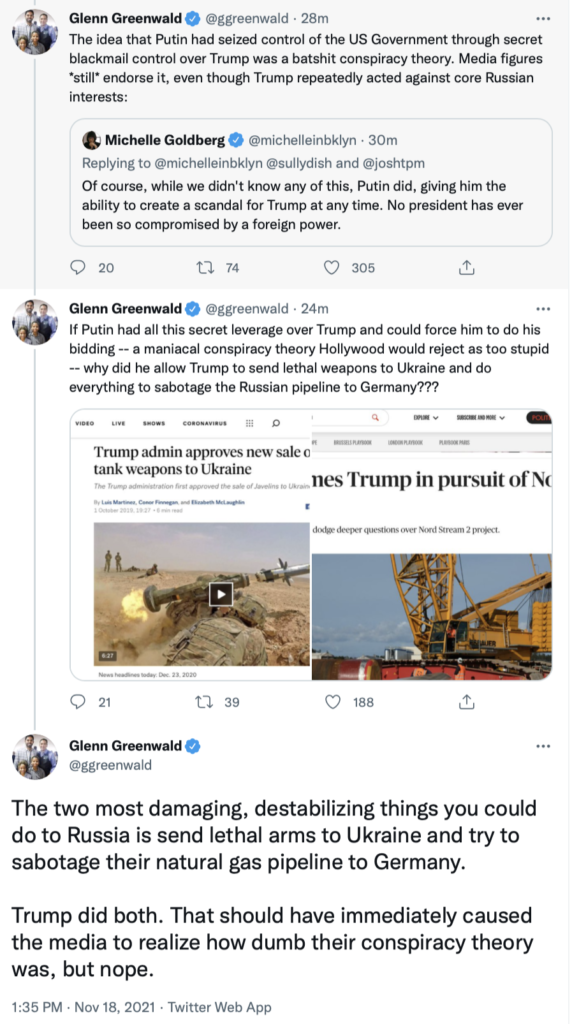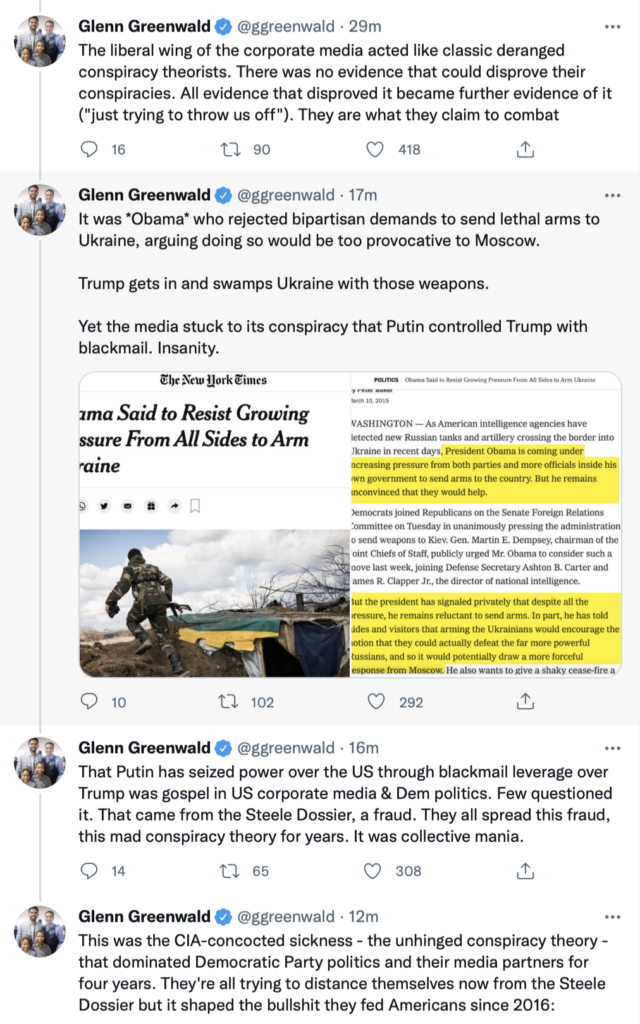I'm full-in for teaching students to be tolerant of each other. As I see it, the most important lessons are A) not to bully anyone, especially because they are seen as different and B) not to judge others because of how they look.
This is not enough for many teachers based on information Abigail Shrier has gathered. With regard to information relating to sexual relationships many middle school teachers are being encouraged to send one message to students, yet send another message to parents. Even more worrisome, many "lessons" about sexual relationships are turning into unauthorized therapy imposed on children without the knowledge of their parents. It is not surprising that many parents are outraged upon learning of these strategies. See here here and here.
Here's a dichotomy that works for me: Public schools should teach students how to think, not what to think. That boundary is not being respected in many schools, according to Shrier's recent article: "How Activist Teachers Recruit Kids: Leaked Documents and Audio from the California Teachers Association Conference Reveal Efforts to Subvert Parents on Gender Identity and Sexual Orientation." Here's an excerpt:
Incensed parents now make news almost daily, objecting to radical material taught in their children’s public schools. But little insight has been provided into the mindset and tactics of activist teachers themselves. That may now be changing, thanks to leaked audio from a meeting of California’s largest teacher’s union.
Last month, the California Teachers Association (CTA) held a conference advising teachers on best practices for subverting parents, conservative communities and school principals on issues of gender identity and sexual orientation. Speakers went so far as to tout their surveillance of students’ Google searches, internet activity, and hallway conversations in order to target sixth graders for personal invitations to LGBTQ clubs, while actively concealing these clubs’ membership rolls from participants’ parents.


